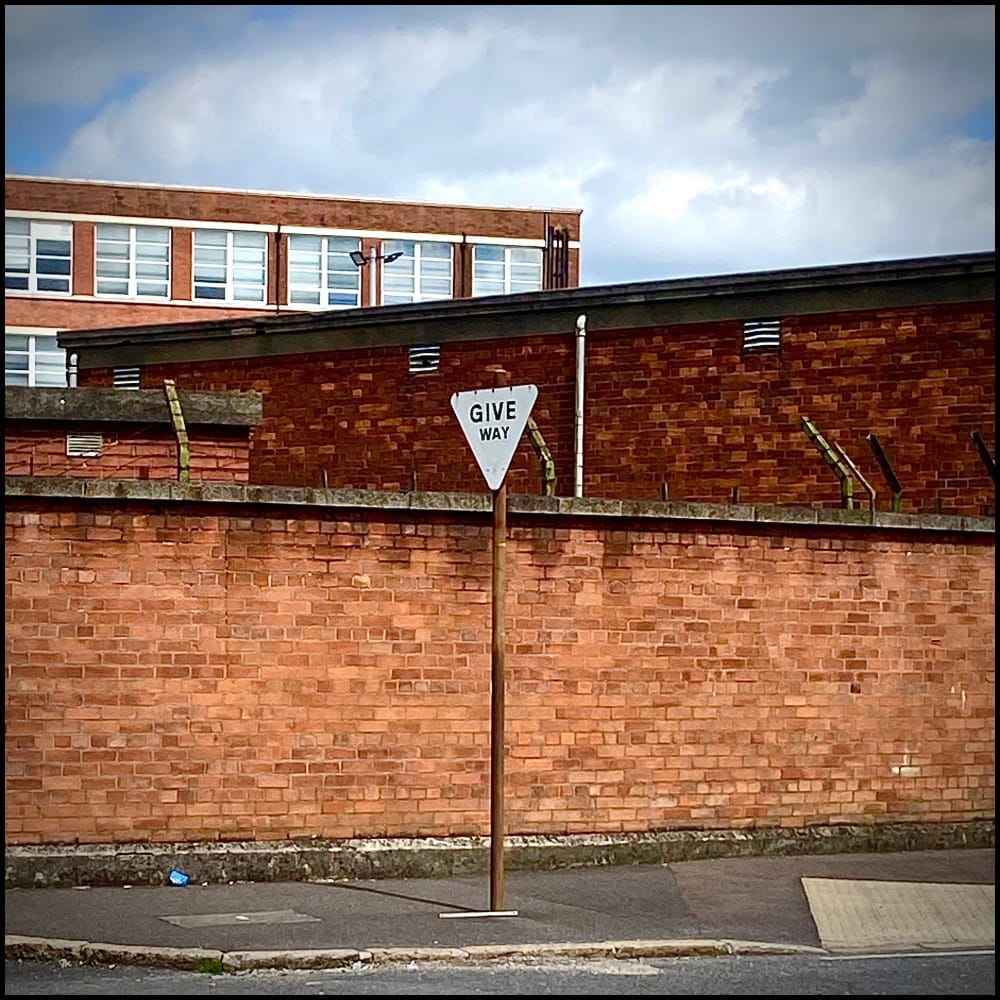the fellow that sings

“Being able to sing good ain’t all about having a good singing voice a’tall. A good singing voice helps. But when you come up in the Hard Shell Baptist Church like I did you understand early that the fellow that sings is the singer. Them that waits for programs and arrangements and letters from home is just good voices occupying body space.” – Alice Walker
More than two decades later, I’m still tormented by something my high school art teacher once told me, upon writing a letter of recommendation to support my application to art school: “I think, in your heart, you’re an academic before you’re an artist,” he said. How bold of him to presume to know my heart, to attempt such an audacious intervention into my intellectual trajectory. It’s had its hands around my throat ever since, this notion that the two categories are mutually exclusive, that one should have to choose between them. I’m forever asking myself what each can mean in terms of class position, which of them might offer the clearer route towards responsibly making use of privilege and access, which of them it would pain me most to see warped by all the compromises necessary to turn it into a “living.”
Aside from money – and fuck those metrics – what differentiates an occupation from a life’s work, a hobby from a vocation? How will you know when you’ve passed the post, and who will be stamping documents as you shuffle into one lane or another? You don’t become a “musician” simply by picking up a guitar. Does writing out a grocery list make you a “writer”? If you’ve got any kind of job, does that make you a “worker”? If you fuck up, does that make you a fuck up?
In any case, I dropped out of art school, so it would seem my art teacher won the argument. The real question, of course, is why have we got to be anything, anyways? Being at all is an active practice, and you’re always actively practicing something, right? So when do these practices crystallize into something you can claim to embody, and to what do such claims grant entitlement? What kinds of violent negation make identity possible, and what happens when we change (as we must)? There’s obviously something that attracts me, some ascetic, stubborn nobility, to the idea that we’re defined by what we do, as opposed to what we think or say. Fair enough, but why do I remain so attached to being defined at all, enamoured as I am at the same time with the terrifying beauty of incessant indeterminacy?
Nobody is coming to read whatever’s written on our tombstones. What kind of anchors can we justifiably allow ourselves, and what kind of sacrifice do they demand?
Anyways, insofar as it "was" a year, good riddance to a shitty one, yes? I'll spare you my top tens, but I did want to share a bit of writing I did about Richard Laviolette's All Wild Things Are Shy, easily my favourite album of 2024 and one I hope you'll make some time for. That's right here.
This mixtape started off sort of wistfully staring out the window at the falling snow or whatever, but it rather quickly steered itself towards some darkness and storm more appropriate to the season (epochally speaking). There’s a lot of voice, though perhaps not a lot of “singing” per se. In any case, I’ve tried not to make it overly oppressive, but fair warning: it’s really not a great fit for the holiday party.
It begins softly, with Dutch minimalist composer Leo Svirksy’s “Field of Reeds,” a pensive whorl of reverberating solo piano from his 2019 LP River Without Banks, notes blurring and dissolving like drops of ink in water. Next it’s Dustin O’Halloran, American pianist, accomplished score composer and one half of A Winged Victory for the Sullen. He’s at his best when collaborating, and his 2024 album 1001, from which “Spiritus Naturae Aeternus” is drawn, was worked up as a four-movement accompaniment to a dance performance conceived by choreographer Fukiko Takase.
This slides into an excerpt from “Trio For a Ground,” a piece for organ, strings and chamber choir from the prolific Sarah Davachi’s The Head as Form’d in the Crier’s Choir, released earlier this year to wide critical acclaim. As is often the case with her work, what may appear at first to be a tad academic reveals itself to be richly affective and emotionally detailed, exploring microdynamics of tone and texture in the friction generated by slow-moving choral melodies against a larger shell of organ drone. The piece melts into a cloud of quietly menacing guitar turbulence courtesy of Rafael Anton Irisarri, with “Control Your Soul’s Desire For Freedom,” from his Façadisms LP, another of my favourite albums of this year. There’s a bit less narrative movement across the record than on, say, Irisarri’s Solastagia (which is also a stunner), a bit more commitment to the drone itself, and that’s on display here, building to a mournfully triumphant swell of doom-cloud distortion, vocal chorus and one Julia Kent’s cello as the track unfolds.
Next, it’s a new one from saxophone hero Colin Stetson, from this year’s The Love It Took To Leave You. “To think we knew from fear” calls out like the foghorn on a ghost ship, as the overdriven clicks of his finger strikes on the instrument provide a martial percussive backbone to Colin’s signature bass saxophone drones. Then it’s a classic oldie from By The Throat, the second full-length from Australian post-metal electronic experimentalist Ben Frost. Though it’s assuredly a “sinister” album, as Grayson Haver Currin wrote upon its release in 2009, “These vivid instrumentals, which seem menacing at first, also feel somehow triumphant when heard again.” “Híbakúsja” is a beast, warping horns and strings into roaring metal-jawed monsters arrayed around a stuttering digital harpsichord lead. That’s followed up by another relative oldie, a passage from 2014’s The Dream in Captivity, from LA composer Ari Balouzian, who as Cliff Dweller releases hypnotic and haunted ambient soundscapes in which “Past and present overlap like a seance gone wrong,” according to A Closer Listen.
Up next is Iranian kamancheh virtuoso and experimental composer Saba Alizadeh, whose last full-length, Scattered Memories, released in 2019 (he's got a new one out in January, FYI). “Colours Wove Me In Tehran” follows a taut, sharp string repetition through a shadowy city, before its anguished cry is overtaken by Aho Ssan’s pulsing electronics. His “They Heard Us” is a highlight from the second volume of Joseph Kamaru’s Temporary Stored project, in which he invites a handful of experimental electronic fellow travellers to create work based on samples from the sound archives of the Royal Museum of Central Africa, based in Tervuren, Belgium. The project is a really stunning intervention, mobilizing often exoticized and decontextualized glimpses of Central African folkways towards a kind of Black digital futurism.
Then, nearing the close, it’s Iranian composer Ava Rasti with the aptly-titled “Embrace the Abyss,” all hushed swells of strings and synth and an arms-length clatter of loose percussion from her just-released full length The River. Finally, it’s Omar Ahmad and Myyuh with “Tala’ al-Badru ‘Alayna,” a 7th century Islamic folk song re-interpreted in the context of the genocide in Gaza this past Spring (and including some harrowing samples from on the ground). Omar Ahmad, a Palestinian New Yorker otherwise known for making introspective ambient house, here leans directly into the terrifying weight of the horror we’ve all seen over the past fifteen months. A tormented insistence that we not look away, it’s a difficult but necessary listen, I think, and an appropriate bookend to the madness of this year.
• Mixcloud: the fellow that sings
• MP3: 24/12 - the fellow that sings.zip
NB: Same as last time, I've included a single hour-long MP3 of the whole mix in the zip file linked above (along with the individual MP3s).
Okay that's it. Welcome to the future.
xo, graham
